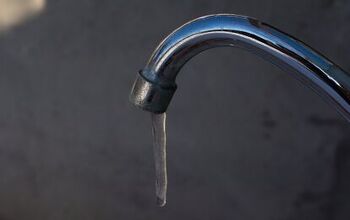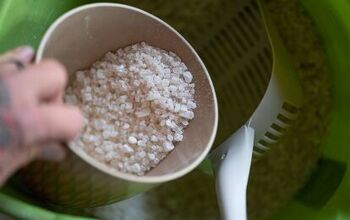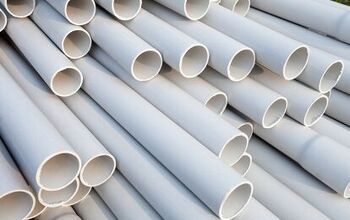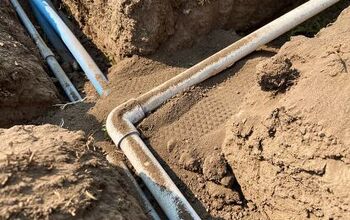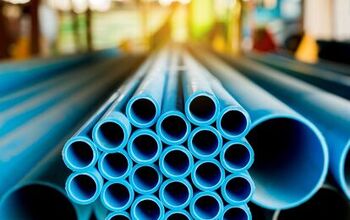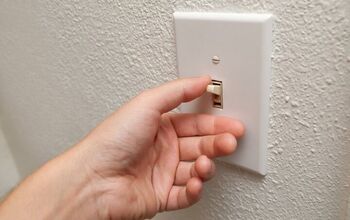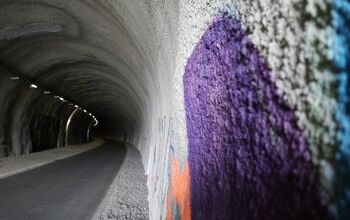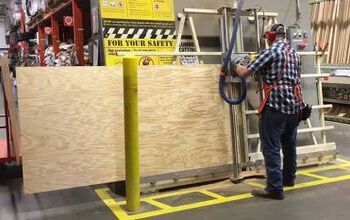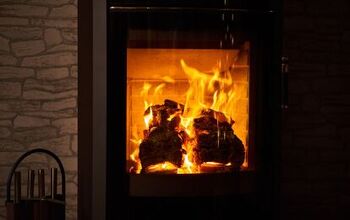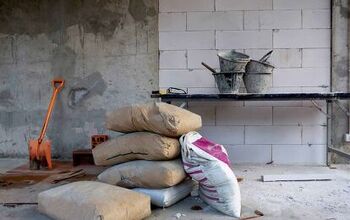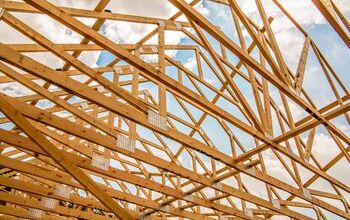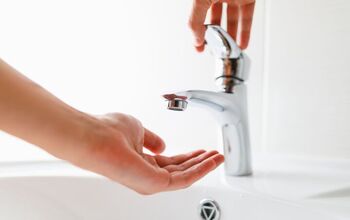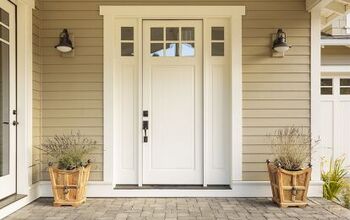Will Salt Damage PVC Pipes? (Find Out Now!)
PVC piping is one of the most commonly used piping materials on the market. It’s cheap and easy to work with, making it a favorite for drain and vent lines in and outside of homes. If your plumbing system utilizes PVC piping, you probably want to ensure it lasts as long as possible without any mishaps. Whether you use salt to unclog drains, or live near the ocean, you might be asking this question: will salt damage PVC pipes?
No, salt will not damage PVC pipes. PVC pipes are made of plastic, and plastic is inherently resistant to salt. You can safely use rock salt to unclog drains, although experts say this isn’t very effective. And if your water supply has a high salinity, rest assured PVC piping is still a good choice for your plumbing system.
Do You Need a Faucet, Fixture, or Pipe Repair or Replacement?
Get free, zero-commitment quotes from pro contractors near you.

What Are PVC Pipes?
PVC pipe, which stands for polyvinyl chloride, is a plastic piping used primarily for drain and plumbing lines. PVC is a lot more affordable than other materials, like metal piping. It is also lightweight, fairly easy to install, and can run long lines for things like irrigation.
There are a few downsides to PVC piping. These pipes require cutting to connect. They also must be glued together. If this isn’t done correctly, leaks can occur. In addition, UV rays are damaging to PVC pipes and can cause degradation over time.
The great thing about PVC plastic piping is it’s resistant to salt. Plastics are inert to the ions in sodium chlorides. The ions wash right over the plastic rather than latch on to cause damage. This is different from metal piping materials, which corrode from salt exposure over time.
Causes of Salt in PVC Piping
There are not many occasions for salt to enter into PVC piping. Fortunately, even if it does, it shouldn’t affect the piping itself. PVC piping is usually connected from toilets and sinks to the exterior sewer system. It is also used for plumbing lines to drain and expel water from the home. Salt usually enters the piping via these sinks, toilets, or the water supply. Here are the two most common occasions salt enters PVC piping.
Rock Salt Placed in Drain to Unclog Pipes
Some plumbers have recommended pouring salt down drains that are clogged. The theory is that the gritty texture of the salt, followed by pouring hot water down the drain, will dislodge the clogged debris. Supposedly, pouring salt down the drain can also help kill off invading tree roots that are breaking through the pipes.
The good thing is, pouring salt down the drain will not harm your PVC piping. But keep in mind, there is insufficient evidence to suggest this is effective at unclogging drains. In fact, it may even contribute to further clogs.
Saltwater in Local Water Supply
The other common cause of salt entering your PVC piping is the water supply in your area. Do you live near the ocean? Your water supply may be affected by this. Some homeowners in states like Florida have a water supply with a high salinity, which is the amount of dissolved salts within the water.
If your water supply has a high salinity and your home utilizes PVC piping for its drain lines, the PVC will be coming in contact with a lot of salt. Again, this is nothing to be concerned about.
What Can Damage PVC Pipes?
PVC piping is strong, resilient, and durable. This means it’s not subjected to the same salt corrosion that other metals like copper are. But are there any other substances that CAN cause damage to PVC pipes?
PVC pipes are damaged by extreme heat. PVC material melts or softens at 176 degrees F, so you should avoid cleaning them with very hot water. This is partly why ultraviolet rays from the sun are also very damaging to PVC piping.
Another thing to avoid is pouring acidic cleaners down the drain. Acid-based substances are corrosive to the plastic material. Avoid any drain cleaners that contain the ingredients of sulfuric acid or hydrochloric acid.
PVC Pipe Maintenance and Installation
PVC pipe should last you a long time since it’s flexible, durable, and doesn’t erode easily. When problems arise, it’s usually due to poor maintenance or improper installation of the piping. For example, if a long line of PVC piping is installed without the proper supports, it can fatigue and eventually crack. The joints should also be straight, clean, and debris-free. Make sure to give the joints plenty of time to cure so that the seal is strong.
Besides proper installation, maintenance and upkeep should be performed correctly. If someone improperly uses drain augers to unclog the drains, this can cause mechanical damage to the pipes. Also, it’s a good idea to not use harsh, acidic chemical cleaners in PVC drain pipes. These acidic chemicals can soften PVC and lead to cracking and leaks.
Do You Need a Faucet, Fixture, or Pipe Repair or Replacement?
Get free, zero-commitment quotes from pro contractors near you.

Related Questions
What is the best PVC pipe glue?
PVC pipe glue, also known as PVC solvent cement, is an extremely important component for installing long-lasting PVC piping. Without strong seals connecting the pipes, the glue will separate and leaks will occur. For lighter household projects, try Oatey PVC Cement. For heavy-duty PVC plumbing and industrial installations, a great brand is WELD-ON. Before you apply the primer then the cement, ensure you clean and deburr the PVC pipe. Make sure to work quickly before the cement dries.
What PVC is UV resistant?
If you’re using PVC for outdoor lines, consider purchasing a PVC pipe that’s resistant to UV rays. UV sunlight degrades PVC piping, making it more brittle and susceptible to cracking. Look for piping labeled as PVC UVR (UV-resistant). In addition, painting your PVC pipes will increase its resistance to sunlight.
Why is there a PVC shortage?
In the year 2021, plastic piping manufacturers have faced a raw materials and resin shortage. Raw plastic prices have skyrocketed by a whole 70%. Many are looking to clay piping to replace PVC usage for their plumbing and sewer lines.
Related Guides
More by Jessica Vaillancourt










